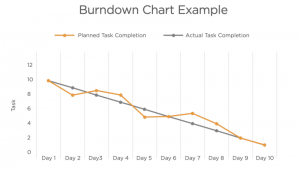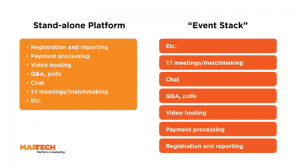By Sarah Bregel
How people feel about AI may still be a mixed bag, but there is certainly no shortage of chatter about the technology, especially among employers and job-seekers. On LinkedIn, conversations about AI have increased by 70% over the past year, according to a newly released report from the job-search platform—the site’s second on “AI in the workplace.”
Global conversations about AI are driven by men (58%), but women are not disinterested, spurring 31% of the conversations. Generationally, millennials are leading the AI chatter (45%), followed not so closely by Gen Z (26%), then Gen X (21%). Boomers seem to have checked out on the topic of AI, with just 4% engaging in conversations about it. And surprisingly, the top industry that can’t stop talking about it is not tech—it’s professional services (29%), with tech a distant second (17%), followed by education (9%).
Members aren’t just talking about the new technology, however, they’re absolutely interested in employment opportunities where AI is embraced. From December 2022 to September 2023, views for AI and AI-related jobs increased by 12% across seven major economies (Australia, Brazil, France, Germany, India, the United Kingdom, and the United States), and applications to jobs where AI is used grew by 11%. And though currently, AI jobs make up only a small percentage of opportunities, jobs that mention it have seen a 17% application growth over the past two years.
AI jobs are on the rise across industries. In the U.S., the top five industries demanding AI-related roles are professional services; administrative and support services; retail; manufacturing; and technology, information, and media. Interestingly, because AI can be used and learned in various industries, those who embrace AI could see new and different opportunities emerge. Those opportunities could help shift gender and racial disparities that exist in certain industries. According to the survey, those who embrace AI literacy could find that their knowledge and skills will become more transferable. That’s important because just over half of LinkedIn members are likely to see their jobs change with the use of generative AI.
Attitudes toward AI are certainly shifting, with more and more workers becoming interested in learning the technology: 40% of men say they’ve begun experimenting with using it, while 34% of women say the same. And according to the research, more than half the population (55% of women and 54% of men) will see their jobs either augmented or disrupted by AI.
(4)
Report Post








